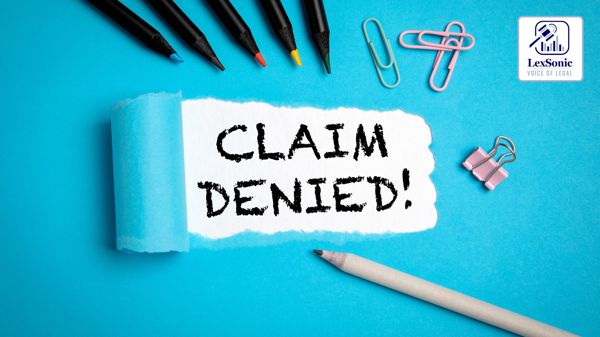Insurance Claim Dispute Over Furnace Explosion: NCDRC Overturns State Commission's Order, Emphasizing Surveyor's Role.
14 November 2024
Civil Appeals >> Civil & Consumer Law | Insurance Claim/Money Rejected >> Insurance
Background of the Case:

Following the incident, the appellant appointed a preliminary surveyor who noted evidence of material ejection from the furnace. Subsequently, a loss assessor and surveyor, S.K. Das, was appointed, who, after examining relevant documents and inspecting the site, concluded that the damage was due to technical malfunction and not an explosion. The respondent, however, contested this finding, claiming the appellant delayed claim settlement and filed a complaint with the Odisha State Consumer Disputes Redressal Commission.
State Commission's Decision and NCDRC's Review:
The appellant challenged this decision before the NCDRC, arguing that the State Commission erred in disregarding the final surveyor's report, which is mandated under Section 64 UM of the Insurance Act, 1938. The appellant also argued that the respondent's claim was based on conjecture rather than evidence.
NCDRC's Findings and Legal Principles:
The NCDRC also dismissed the respondent's reliance on cases related to fire incidents, stating that the principles in those cases were not applicable to the present dispute. The commission highlighted that the core issue was the cause of the damage – an explosion or a technical malfunction – and the surveyor's report, based on technical examination and document analysis, concluded the latter.
Decision and Implications:
This decision reinforces the importance of surveyors' reports in insurance claim disputes, particularly in technical cases. It underscores the need for consumer commissions to rely on expert opinions and evidence-based reasoning rather than speculation.
Conclusion:
Section 19, Consumer Protection Act - 1986
